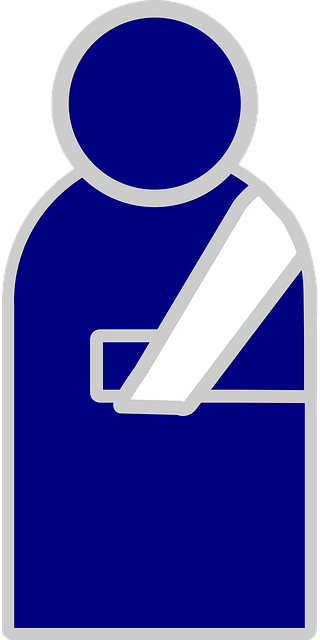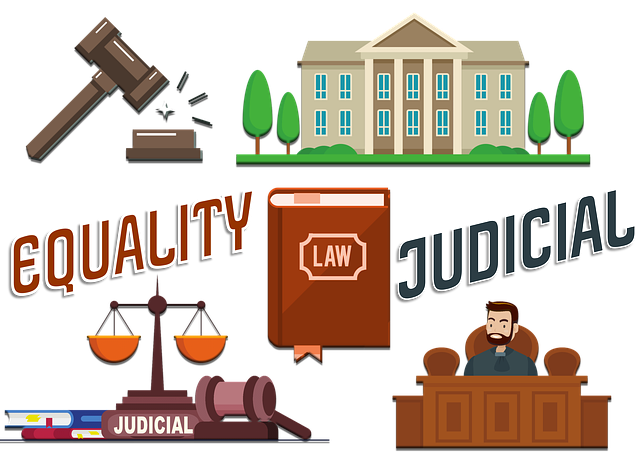Motorcycle accidents pose a significant risk of severe spinal injuries, from whiplash to quadriplegia, due to collision forces. Immediate medical attention is vital for proper treatment and preventing condition worsening. Accident settlements consider long-term rehabilitation needs, impacting quality of life. Prevention strategies include wearing approved helmets, maintaining motorcycles with safety features, adhering to traffic rules, and taking advanced riding courses. After an accident, prompt care, including stabilization, imaging tests, therapy, medication, and surgery, is essential. Consulting healthcare professionals for a personalized rehab plan and legal advocates for fair compensation for medical expenses, lost wages, etc., are crucial steps.
Motorcycle accidents can lead to severe injuries, with spinal damage being particularly common and potentially life-altering. This article explores the multifaceted aspects of managing spinal injuries in such incidents. We’ll delve into the causes and types of these injuries, offer essential safety guidelines for motorcyclists, and provide post-accident care advice. By understanding these key elements, riders can minimize risks and ensure better outcomes should they face a motorcycle accident involving spinal trauma.
- Understanding Spinal Injuries in Motorcycle Accidents
- Preventative Measures and Safety Tips for Motorcyclists
- Post-Accident Care and Recovery Strategies
Understanding Spinal Injuries in Motorcycle Accidents

Motorcycle accidents can lead to a range of severe injuries, with spinal injuries being particularly devastating. In such incidents, understanding the potential for spinal damage is crucial. Spinal injuries in motorcycle accidents refer to any harm caused to the spine, which can result in partial or complete paralysis and significant physical disability. These injuries often occur due to the force of impact during a collision, leading to compression, stretching, or severing of the spinal cord.
The severity of a spinal injury can vary widely, from mild whiplash to complete quadriplegia. Prompt medical attention is essential for any suspected spinal injury in a motorcycle accident. Caregiver abuse and inadequate treatment can exacerbate existing conditions. Accident settlements often consider the long-term implications of such injuries, which can significantly impact a victim’s quality of life and necessitate extensive rehabilitation and support.
Preventative Measures and Safety Tips for Motorcyclists

Motorcyclists face unique risks on the road, especially when it comes to spinal injuries in the event of an accident. To mitigate these dangers, preventative measures are key. Always wear a properly fitted, approved helmet to reduce the risk of head and brain injuries—a crucial step that can also lessen the severity of spinal trauma. Additionally, ensuring your motorcycle is well-maintained and equipped with safety features like ABS brakes and stability control systems can significantly enhance rider security.
Beyond individual responsibility, being aware of potential hazards and adhering to traffic rules is vital. Obeying speed limits, staying alert, and anticipating other drivers’ actions can help avoid accidents. Regularly reviewing safety protocols and taking advanced riding courses can also equip motorcyclists with the skills needed to navigate dangerous situations. Remember, while homeowner insurance claims or wrongful death settlements may provide financial support after a motorcycle accident, nothing can replace the importance of preventing these incidents through proactive safety measures.
Post-Accident Care and Recovery Strategies

After a motorcycle accident resulting in a spinal injury, immediate post-accident care is paramount. The first steps involve seeking medical attention promptly to assess and stabilize the injury. This often includes transport to a nearby hospital’s emergency department where advanced imaging tests like X-rays or MRI scans are conducted to determine the extent of the damage.
During recovery, individuals with spinal injuries may require a combination of treatments including physical therapy, medication for pain management, and in severe cases, surgery. It’s crucial to work closely with healthcare professionals to develop a personalized rehabilitation plan. Moreover, consulting an elder law attorney or accident compensation advocate can help navigate legal aspects, especially when pursuing damages from the at-fault party. Engaging their services ensures that victims receive fair compensation for medical expenses, lost wages, and other related costs associated with the motorcycle accident spinal injury.
Motorcycle accidents can lead to severe injuries, with spinal damage being a significant concern. By understanding the risks and implementing safety measures, motorcyclists can significantly reduce the likelihood of such injuries. This article has explored crucial aspects, from recognizing potential hazards to post-accident care, empowering riders to navigate the roads safely. Staying informed about spinal injury prevention and prompt medical attention are essential steps in ensuring better outcomes for motorcycle accident victims.






